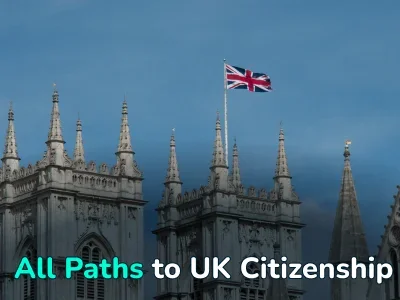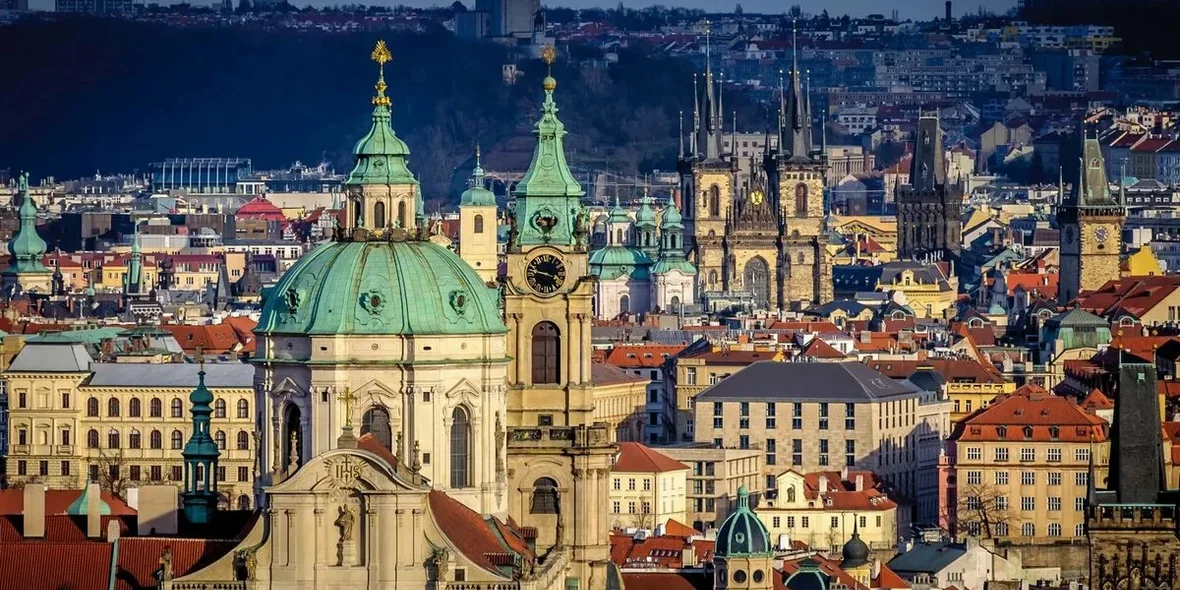
How to get a residence permit and permanent residence in the Czech Republic: an overview of options
To move to the Czech Republic, foreigners need to obtain a long-term residence permit in the country (a residence permit). In the beginning, the Czech Consulate issues a long-term visa, usually for one year. After that, the Ministry of Internal Affairs of the Czech Republic issues a residence permit to stay in the Czech Republic for two years, which can be extended inside the country each time for two years. After 5 years of residence in the country, foreigners can apply for permanent residence.
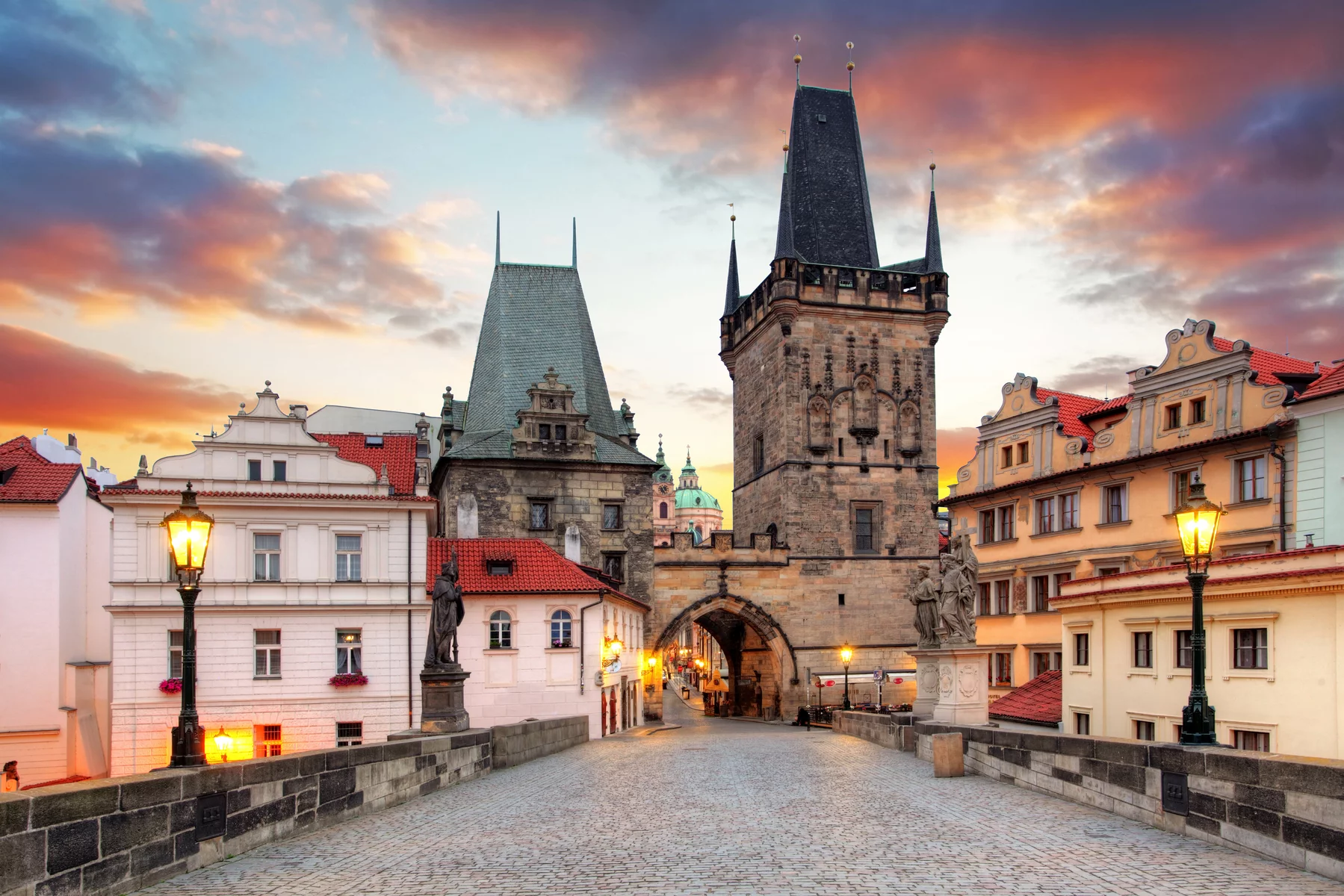
Types of Czech residence permit
Types of long-term visas depend on the purpose of the foreigner’s relocation. There are a few types of them:
- Long-term business visa. Applicants who plan to start a business in the Czech Republic or already have an operating business there can get this visa. To renew the document, they must confirm that the business provides at least the minimum level of income.
- Long-term visa for family reunification. Dependent spouses, minor children, and parents over 65 years old can obtain the visa. It is also issued when a foreigner marries a Czech citizen.
- Work visa. Only applicants who are guaranteed to be employed by a Czech company can get it.
- Blue Card. Highly qualified professionals whose salary exceeds the average by 1.5 times can obtain this visa. The document is essentially the same as a work visa but provides several advantages.
- Student visa. It is issued to applicants of local educational institutions or preparatory courses. Student visa applicants must confirm their enrollment and sufficient finances to support their living.
- Visa for scientific research. Scientists who plan to work long-term in one of the local research institutes can obtain this visa.
- Sports visa. Valuable athletes who have been officially invited to represent Czech clubs or national teams can get the visa.
- Investment visa. To get it, entrepreneurs need to invest €75 million in the local economy (today it is about €2.9 million) and create at least 20 jobs. Entrepreneurs can make investments in cash or other assets (up to 60% of the total amount).
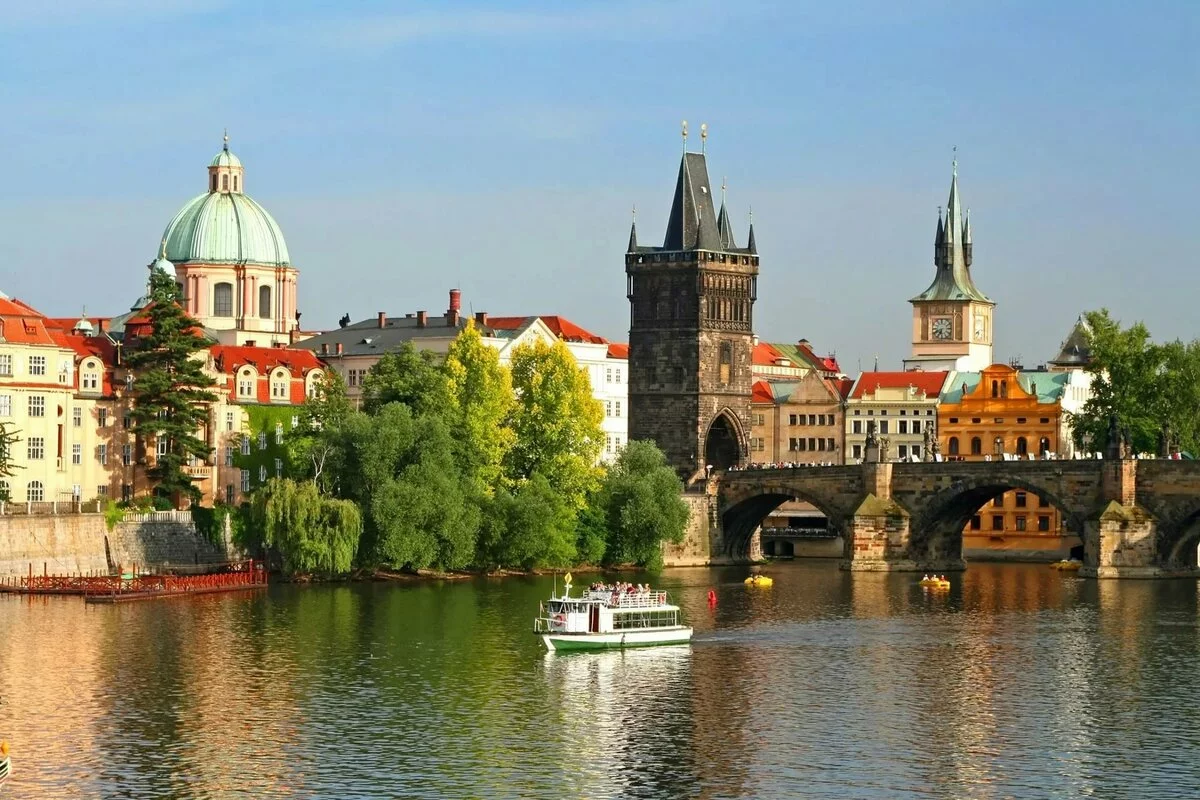
Advantages of a residence permit in the Czech Republic
Each of the above-mentioned long-term visas and residence permits gives foreigners the following opportunities:
- to stay in the country 365 days a year;
- to enter the Czech Republic an unlimited number of times;
- to renew a residence permit every two years;
- to travel with no restrictions in the Schengen area and stay in the EU countries for 3 out of 6 months;
- to use social insurance and medical services having insurance;
- to educate children in state kindergartens, schools, and universities for free.
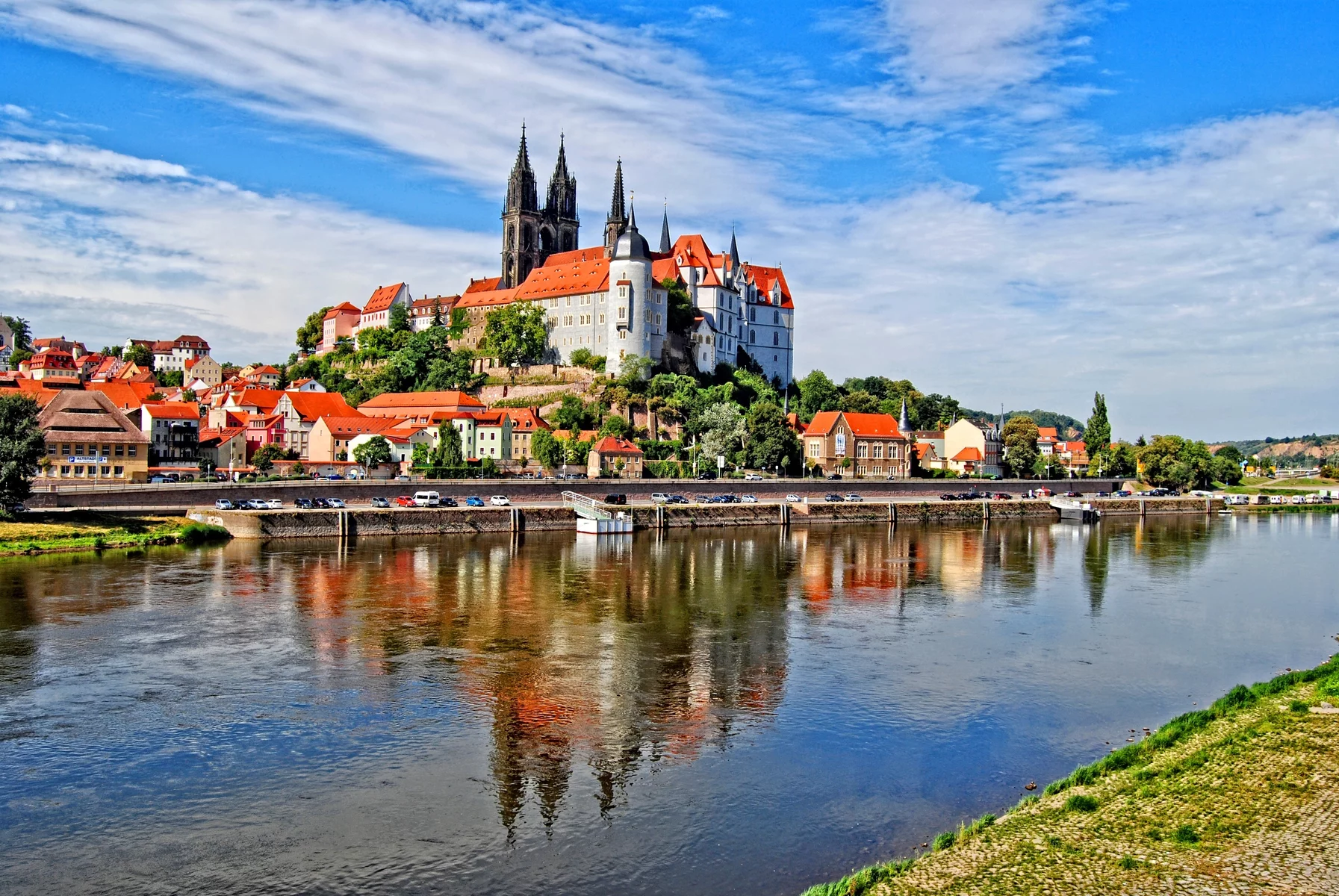
Getting Czech permanent residence
Foreigners who have lived in the country for at least 5 years can apply for permanent residence in the Czech Republic. This five-year period includes the time spent in the country with a long-term visa and a residence permit. Foreigners with a student visa should keep in mind that their period of stay is divided by 2 when counted.
To obtain permanent residence, one must meet two conditions: successfully pass the Czech language proficiency exams and confirm sufficient income to support living. Besides, for a foreign citizen planning to relocate, it is important to remember that during 5 years of residence in the Czech Republic, they can leave the country for no longer than 10 months in total. At the same time, a permanent residence permit may be refused if a person is not living on the territory of the country for more than 6 months in a row. Business trips and other solid reasons for a foreigner to leave the country are considered as exceptions. Nevertheless, each case needs to have documentary evidence. After 10 years of residence in the Czech Republic, a foreigner meeting certain conditions has the right to apply for Czech citizenship.
Author: Natalia Kiyan (Spain, Marbella / the Czech Republic, Prague), a lawyer, expert on currency legislation of the Russian Federation, consultant on tax residency and declaration of income of Russian citizens living abroad.
Instagram blog: @insta_immigration
















